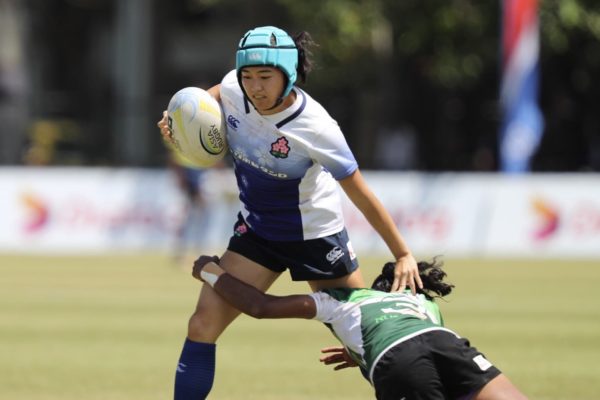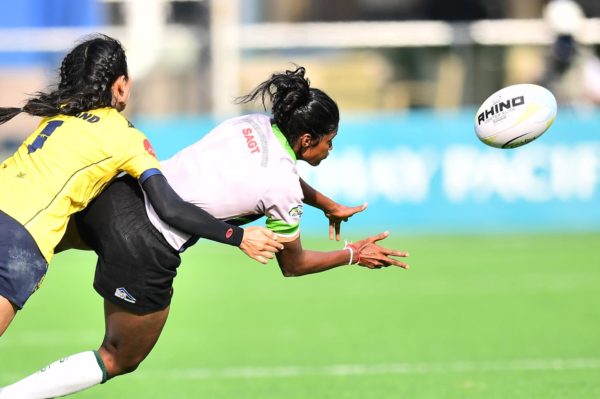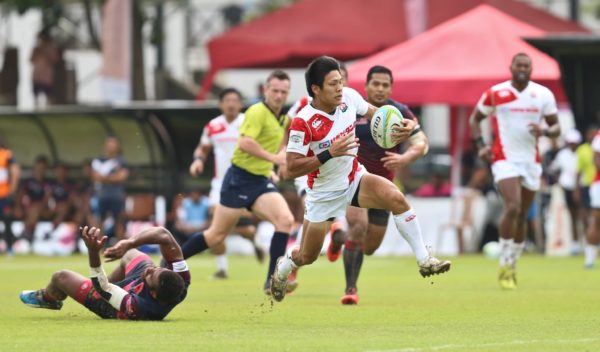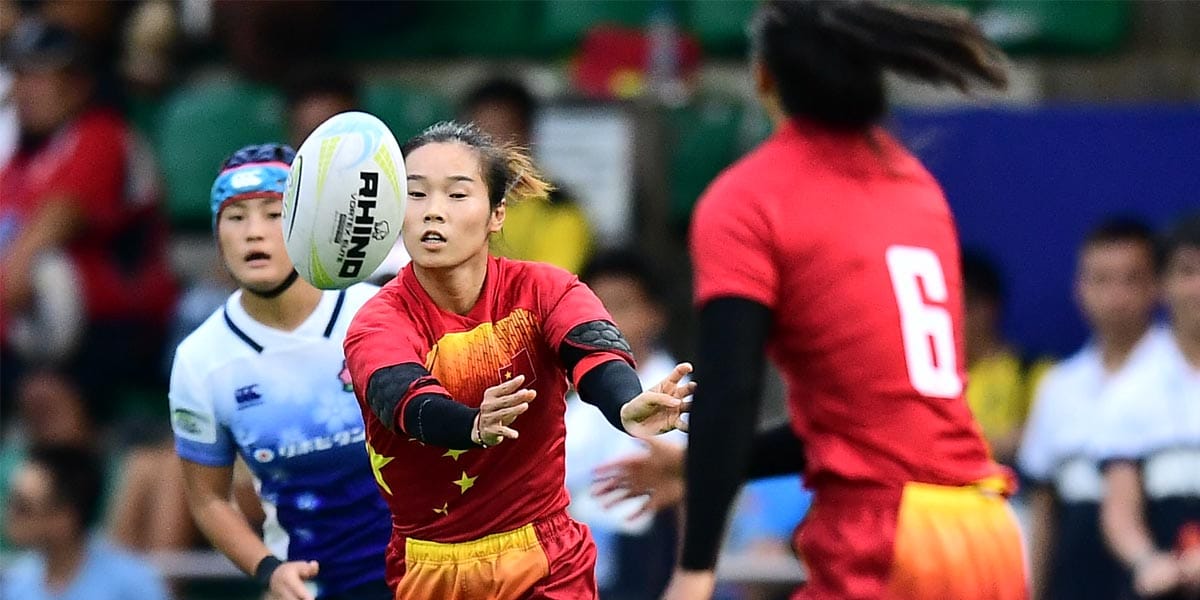Coaches will often equip their players with rules and instructions about how to carry out the ‘ideal’ pass or kick. These rules gradually get packaged as a pool of verbal knowledge in our memory, serving as training wheels guiding us when we are beginners.
Sometimes, elite athletes re-visit these rules using them as crutches to aid performance. However, this is not always appropriate.

Elite athletes generally perform motor skills automatically, without conscious thought. But under pressure, athletes might focus attention towards individual movements to control the overall action. Ironically, this could lead to movements that are effortful, jerky, slower, and ultimately less successful – much like a beginner.
Richard Masters, a professor of psychology at Waikato University, coined the term reinvestment – when an athlete reinvests actions with attention – to refer to this phenomenon of ‘overthinking’ movements. He proposed that reinvestment is a personality trait, such that certain people are more likely to consciously monitor and control movements than others.
A number of studies have shown that persons who are more likely to reinvest – measured by the Reinvestment Scale- tend to perform worse under pressure. This has been demonstrated in a variety of sports including golf, football, hockey, and netball, to name a few.

In the past decade, research has revealed that reinvestment impacts not only movements, but also decision-making. Rugby is a marriage between technical skills and good decision-making. Often, decisions have to be made in a split second – thus brooding over the decision or ruminating about past bad decisions are unlikely to aide performance.
In a 2019 study, Sebastian Sherwood, Tiaki Smith and Richard Masters examined whether the likelihood for decision-specific reinvestment would influence rugby players’ ability to recall player positions – an essential feature of decision-making in rugby. The study found that elite male rugby union players, with a higher inclination to consciously monitor their decision-making process, made slower and less accurate decisions than those players who were less likely to do so.

The authors suggested that one way to sidestep decision-specific reinvestment (pardon the pun!) is by encouraging experienced players to trust their intuition and go with their first decision, rather than carefully measure each option.
References
Masters, R. S. W., Polman, R. C. J., & Hammond, N. V. (1993). ‘Reinvestment’: A dimension of personality implicated in skill breakdown under pressure. Personality and Individual Differences, 14(5), pp 655-666.
Sherwood, S. M., Smith, T. B., & Masters, R. S. W. (2019). Decision reinvestment, pattern recall and decision making in rugby union. Psychology of Sport and Exercise, 43, pp 226-232.
 Dr Neha Malhotra is a researcher whose focus is on motor skill acquisition in sporting, medical and other professional (e.g., driving) contexts.
Dr Neha Malhotra is a researcher whose focus is on motor skill acquisition in sporting, medical and other professional (e.g., driving) contexts.
She is a Postdoctoral Research Fellow at Nanyang Technological University and an Honorary Research Associate at the University of Waikato, New Zealand.
You can follow her @Nayhamal on twitter.
this is from a series of articles Neha Malhotra is writing for Asia Rugby
Other Articles By Neha
https://www.asiarugby.com/category/medical/neha-malhotra/


